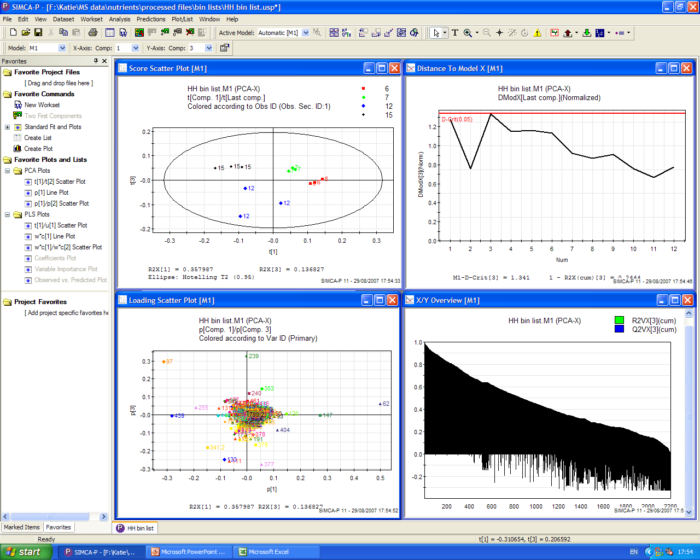Environmental Metabolomics
Metabolomics is a recently developed ‘omics technology that bridges the gap between genotype and phenotype by identifying and quantify the entire complement of metabolites contained within a biological sample. Changes in metabolism are central to developmental processes in biology, underpinning organismal responses to environmental change. As such, metabolomics allows us to identify the phenotypic responses of an organism to biotic or abiotic change independently of other ‘omics approaches.
The emergence of environmental metabolomics has been one of the most significant recent developments in ecology and physiology, enabling the study of interactions between organisms and their environment and assessing their function and health at the molecular level. The applications of environmental metabolomics methods broach the entire landscape of ecology, from the understanding of plasticity and adaptation through to community composition, interactions between species and even genetic modification in crops. In the Centre for Plant Sciences in FBS, we are developing environmental metabolomics techniques to understand how plants interact with their environment in both evolutionary and agricultural contexts. We are using early-diverging clades of land plants and their fungal partners to understand the evolution of plant-fungal signaling and symbiotic compatibility, and are working to identify phenotypic traits for beneficial symbioses in key European crops under a changing climate.


